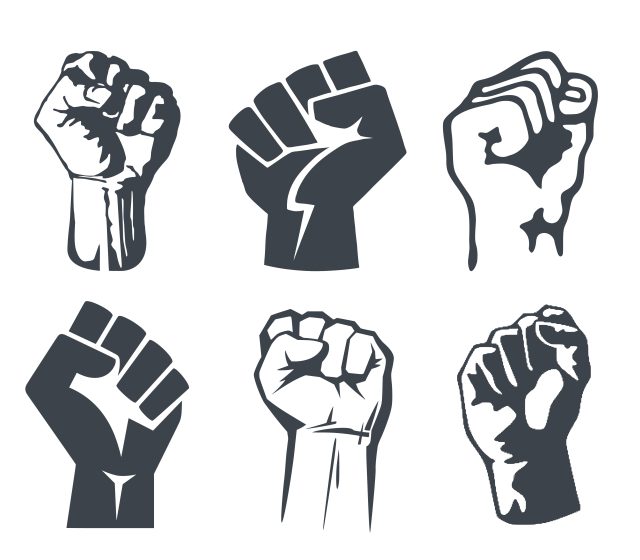
A growing number of Americans are dissatisfied with both political parties and the quality of candidates, according to a recent poll by Pew Research. Nevertheless, President Joe Biden and the Democrats have passed significant progressive legislation despite not having a reliable majority in Congress. Many Americans haven’t heard about these victories in the mainstream media.
But there’s another problem. In a recent Atlantic article, Carol Fredrickson argues that progressives are too passive and too tactically inept. Maybe we’re burned out.
Fredrickson says we need to emphasize the big advances of the New Deal era, which “featured a powerful regulatory state, aggressive antitrust enforcement, and strong labor unions. These policies kept corporate power in check and helped drive the fastest, most widely shared advance in living standards in American history.”
Fredrickson was a legal activist who fought to preserve and enlarge the gains of the civil rights revolutions of the 1960s. She was legal director of NARAL Pro-Choice America (now known as Reproductive Freedom for All). For 11 years, Fredrickson led the American Constitution Society (ACS), where she helped vet and promote judges. Biden appointed her to his presidential commission on changing the Supreme Court.
The ACS is the liberal equivalent of the right-wing Federalist Society, which has been transforming the judiciary. Fredrickson regrets she didn’t notice the conservative legal movement is just as focused on dismantling the New Deal era as in rolling back the progress made since the 1960s.
The conservative legal movement promised culturally conservative voters that they would overturn Roe v. Wade. “At the same time, much more quietly, they assured large corporations and economically conservative billionaires that these same judges would also be hostile to unions, business regulation, class-action lawsuits, and antitrust enforcement.” Fredrickson writes.
“By focusing on civil liberties but ignoring economic issues, liberals like me got defeated on both,” she concludes. Now Biden is challenging corporate power much more than his Democratic predecessors.
However, Fredrickson notes, “that hasn’t generated much excitement from a liberal base that is still more focused on social issues. Progressives, especially, must recognize that preserving constitutional freedoms depends on winning the fight for economic liberties. Treating them as separate goals will ultimately mean losing out on both.”
Progressive candidates have been increasingly elected at all levels around the country. However, they tend to be elected in urban, well-educated, relatively high-income and heavily Democratic districts. They struggle to win over working-class voters.
In 2021, democratic socialist Jacobin magazine, YouGov and the Center for Working Class Politics published a study of working-class voters entitled Commonsense Solidarity: How a Working-Class Coalition Can Be Built, and Maintained.
They concluded that working-class voters prefer candidates who focus on bread-and-butter economic issues like jobs and health care and frame those issues in plain-spoken universal terms.
“Progressives do not need to surrender questions of social justice to win working-class voters, but certain identity-focused rhetoric is a liability,” the authors explain. “Potentially Democratic working-class voters did not shy away from progressive candidates or candidates who strongly opposed racism. But candidates who framed that opposition in highly specialized, identity-focused language fared significantly worse than candidates who embraced either populist or mainstream language.”
Meanwhile, the revived and assertive labor movement is exposing the supposed pro-worker, populist Republican politicians as a bunch of phonies. Trump claimed he was having a rally to show his support for auto workers. The pathetically tiny event was held at Drake Enterprises, Inc., a nonunion truck-parts manufacturer.
People held up signs saying they were auto workers and union members for Trump. When questioned by reporters, a number of them said they weren’t either and refused to give their names.
Trump barked like a boss and told them the strike is a lost cause and denounced the union leaders. He had a temper tantrum about electric vehicles (EV).
He was invited by Nathan Stemple, the company’s president, who opposes the transition to EVs.
The next day, Biden walked the picket line with union workers. He was invited by Shawn Fain, the United Autoworkers Union president.
On Oct. 6, Fain announced a big victory. He said that General Motors had agreed, in writing, to include its EV battery manufacturing facilities in the UAW’s national union contract.
“Our strike is working. But we’re not there yet,” Fain said.
This opinion does not necessarily reflect the views of Boulder Weekly.














